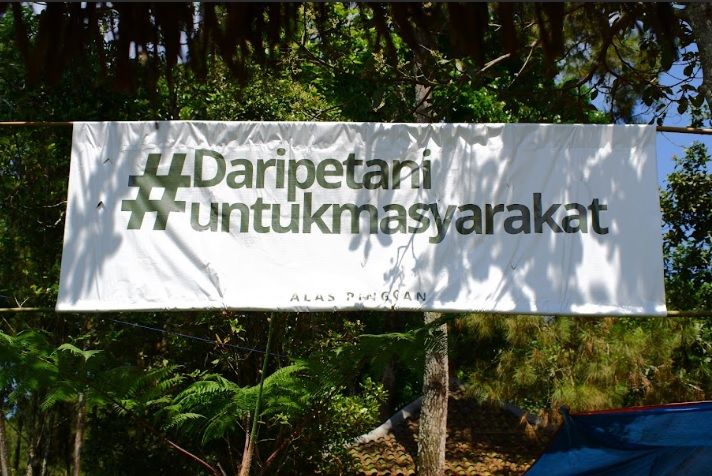Journey of coffee in indonesia
Complex picture of the connection between Indonesia agricultural growth and coffee
Published: December 27, 2023 07:46 AM
Written by: Admin
Mutual interests allow farmers and roasters to maintain long-lasting relationships.
Relationship coffee's long-term development effects rely on consumers and producers making a significant effort to keep their ties strong over time. However, it frequently happens that the collapse of trade partnerships is the consequence of unanticipated difficulties such manufacturing bottlenecks, quality declines, and weather-related events, in addition to market pressures.

According to case studies from Indonesia, roasters left partnerships when their financial stability was under risk. Roasters are not development organizations, and despite their best efforts, they are ultimately motivated by the need to maintain steady profits in a market that is competitive.
Without having the same dedication as the roaster, producers or those acting on behalf of producers were seen leveraging a buyer relationship to enhance their own reputation and social capital. In our case studies, the most common reason for relationship breakdown was the failure to establish efficient risk-sharing and risk-management procedures. Maintaining relationships requires long-term commitments, social ties, and the cultivation of trust—all of which are challenging to do when one is separated.
These interventions have proven advantageous to individuals. These are typically well-known village members, like cooperative leaders, who can profit financially from their privileged position in important quality control nodes throughout the value chain. Relationship coffee programs have led to the transfer of skills, knowledge, and price certainty for other farmers. However, overall effects on rural development and incomes for farmers frequently fall short of what development organizations and roasters have claimed.
What does relationship coffees' future hold? Can this concept enhance the lives of small coffee producers and provide an acceptable replacement for traditional value chains? Our research indicates that, if roasters are serious about advancing rural areas, they should start challenging some of the conventional wisdom regarding coffee-growing communities, producer welfare priorities, and the practical advantages of value chain interventions.
When attempting to understand why some development measures are successful while others are not, a source of income focus is frequently useful. The belief that coffee offers the greatest route out of poverty is not necessarily consistent with local livelihood priorities, even if proponents of coffee interventions usually have the best of intentions when it comes to rural development. While this does not imply that coffee is useless, it could help to explain why family resources are not devoted to raising the beverage's quality or manufacturing.
One important takeaway from correcting many of the mistakes that this piece addresses is the necessity of successfully addressing risk exposure and risk management, as well as the development of institutional structures that allow value chain participants to share the risks associated with quality upgrading in an appropriate manner. Perhaps the most frequent reason why relationships fail is a lack of this.
